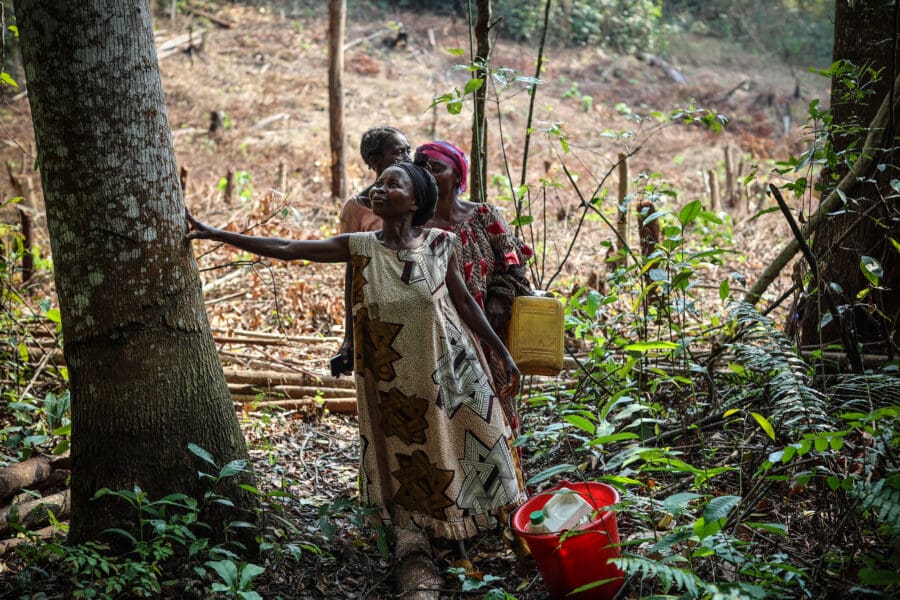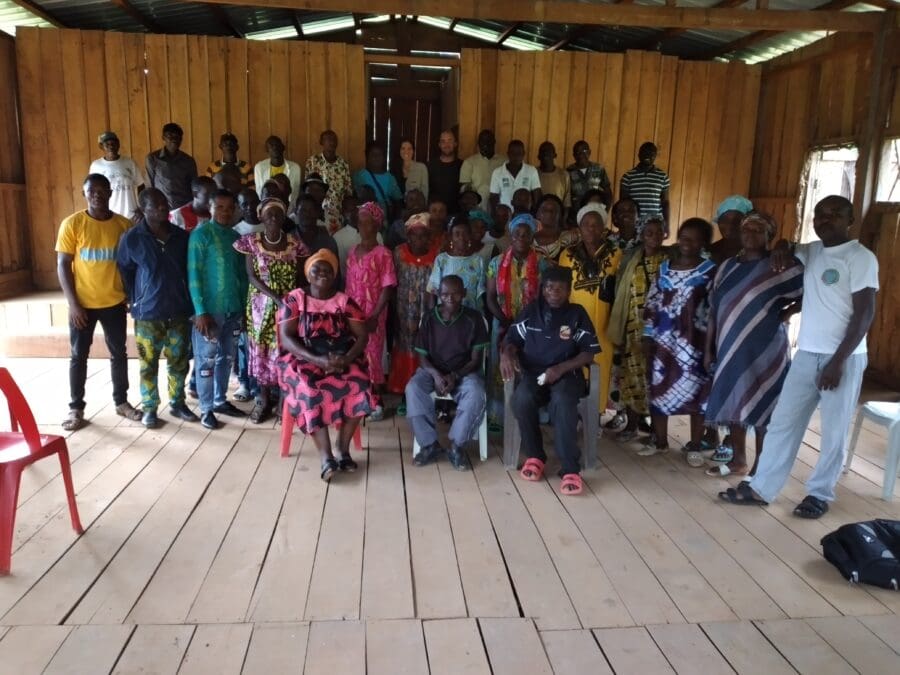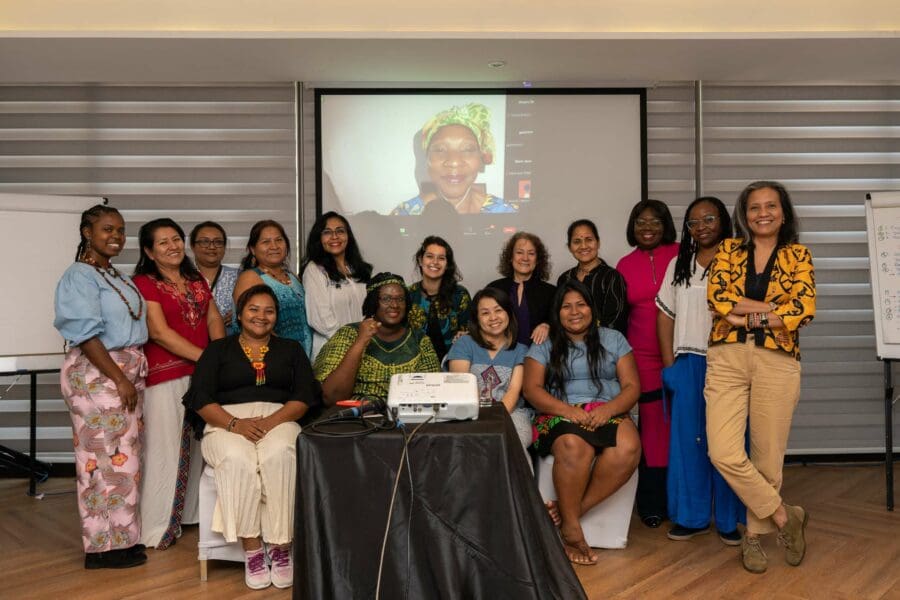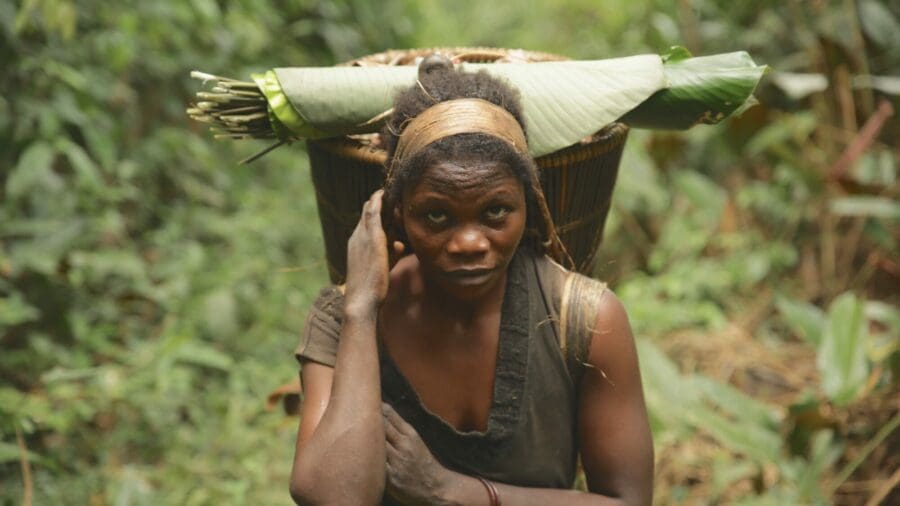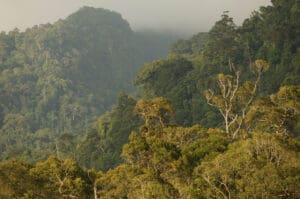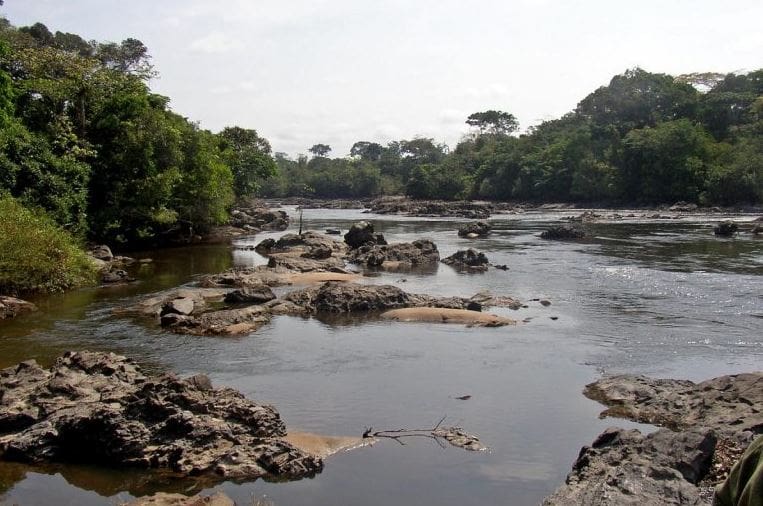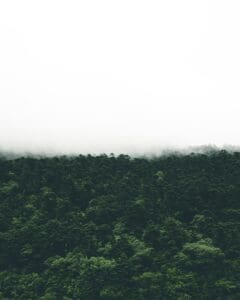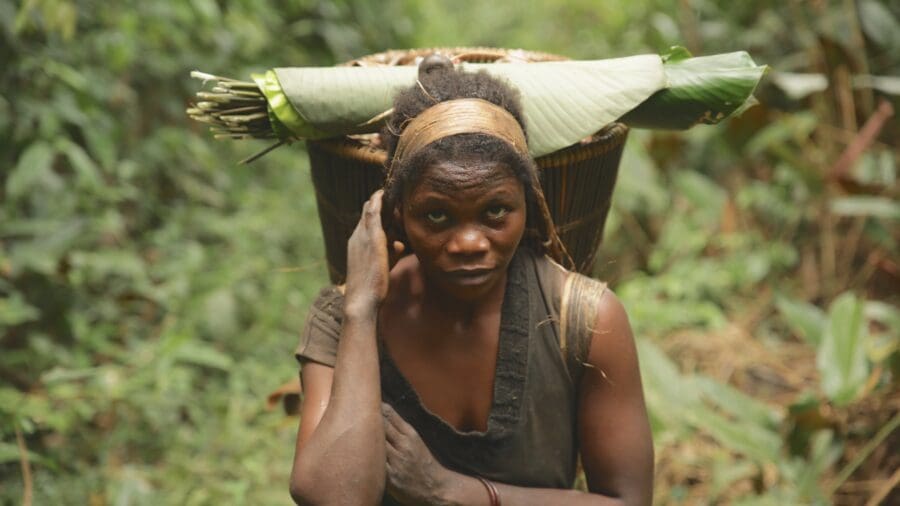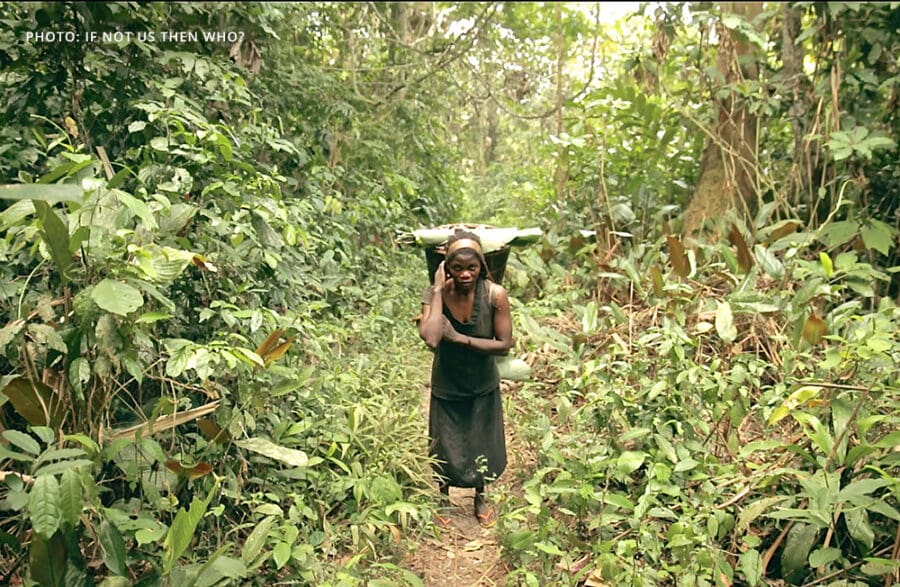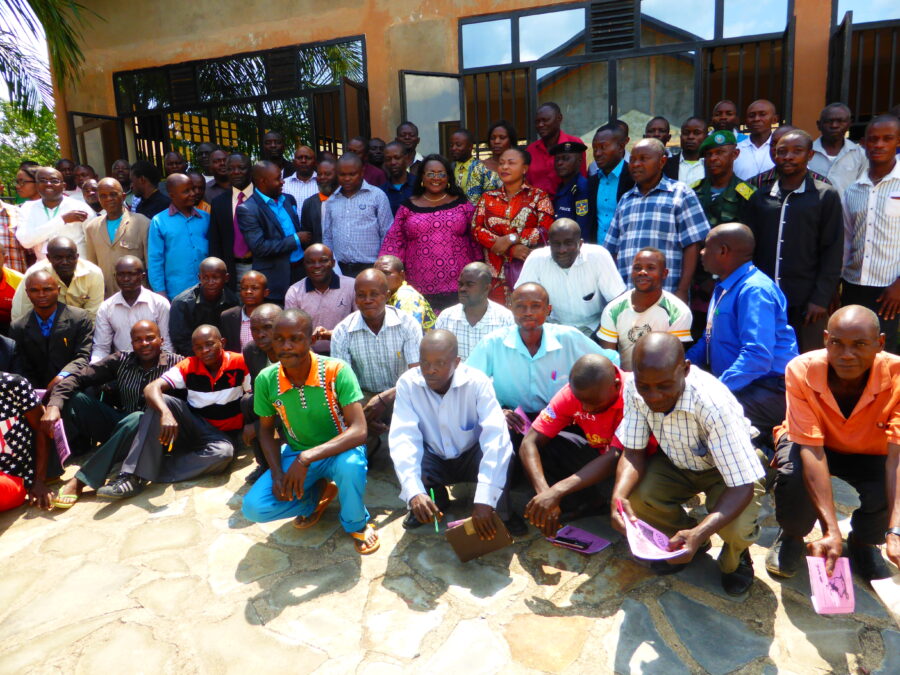Hundreds of Indigenous and local community representatives from the world’s largest tropical forest basins held a historic convening on May 26–30, 2025, with government representatives, international development institutions, and donors to present their demands ahead of the next UN Climate Conference in Brazil (COP30).
The First Global Congress of Indigenous Peoples and Local Communities from the Forest Basins brings together forest guardians from the Amazon, Congo, Borneo-Mekong-Southeast Asia, and Mesoamerica. These territories, long safeguarded by Indigenous Peoples and local communities, are essential to the Earth’s biodiversity and carbon balance—providing powerful solutions to the climate crisis.
Building on the State of Funding report published in April 2024, this blog post shares important updates on finance for Indigenous Peoples', Afro-descendant Peoples', and local communities' tenure and forest guardianship and examples of how direct funding is already driving important progress in tropical forests and other key ecosystems.
With financial support from the Bezos Earth Fund, RRI's coalition in the Congo Basin has undertaken concrete actions demonstrating alternatives to conservation approaches that exclude communities. In some places, the project's interventions have halted illegal logging, mining, and oil companies’ activities that threaten land and soil degradation as well as local livelihoods.
This October, the Democratic Republic of the Congo (DRC)’s National Assembly passed the country’s first-ever legislation on land-use planning. The historic bill’s passage is a result of years-long advocacy by civil society organizations led by RRI collaborator Centre for Innovative Technologies and Sustainable Development.
Members of the new network agree to create more documentation on land rights and governance processes for Indigenous, Afro-descendant, and local community women; call for strengthening advocacy capacity.
President Félix Antoine Tshisekedi of the Democratic Republic of the Congo (DRC) has signed a historic bill to protect and promote the rights of Indigenous Pygmy Peoples into law. This is the first-ever legislation in the country to recognize and safeguard the specific rights of Indigenous Peoples.
The Democratic Republic of the Congo’s Senate took a big leap forward on June 10, 2022 in recognizing the customary rights of its Indigenous population by adopting a new law on the Promotion and Protection of the Rights of the Indigenous Pygmy Peoples.
A decade-long effort by RRI’s DRC Coalition has led to a progressive land policy in the country
A new operational guide is set to help Indigenous and local communities sustainably manage their forest concessions in the Democratic Republic of the Congo (DRC).
Africa is currently experiencing what can be called its “third great land transformation.” This follows the first one inaugurated by colonial powers, and a second one launched by postcolonial states for developmental and infrastructural purposes. The 21st century wave of land grabs, which has exploded in recent years, constitutes the third.
“They started the project by taking away communities’ land without their consent, using intimidation and all kinds of misplaced government power to evict them from their own customary land,” said Kipalu, who now works for the Rights and Resources Initiative in Washington, D.C.
In the Democratic Republic of the Congo (DRC), Indigenous Peoples, local communities, and rural women have long struggled to have their customary rights to their lands and forests formally recognized—but a breakthrough in one province shows that this could be changing at a pivotal moment.
Recent research by the Rights and Resources Initiative demonstrated that the DRC’s first REDD+ initiatives in Mai-Ndombe province do not adequately respect the rights of local peoples. What is more, they are actually failing to protect their forests.
Land rights is emerging as a big issue in the UN’s REDD+ programme to reduce deforestation, with concern focused on a tract of 9.8 million forested hectares in the Mai-Ndombe province in the Democratic Republic of the Congo (DRC).
The forests of Mai-Ndombe (“black water” in Lingala) are rich in rare and precious woods (red wood, black wood, blue wood, tola, kambala, lifake, among others). It is also home to about 7,500 bonobos, an endangered primate and the closest cousin to humans of all species, sharing 98 percent of our genes, according to the WWF.
The forests constitute a vital platform providing livelihoods for some 73,000 indigenous individuals, mostly Batwa (Pygmies), who live here alongside the province’s 1.8 million population, many of whom with no secure land rights.
In a new study released today, researchers say they have identified significant flaws in ambitious forest preservation projects underway in a densely-forested region of the Democratic Republic of the Congo (DRC), where a decision on future investment by the World Bank’s Forest Carbon Partnership Facility (FCPF) is imminent. The DRC province of Mai-Ndombe has been a testing ground for international climate schemes designed to halt forest destruction while benefiting indigenous and other local peoples who depend on forests for their food and incomes, with US$90 million already dispersed or committed for climate finance in the province.
A new analysis of the Democratic Republic of Congo’s Mai-Ndombe province finds REDD+ investments in the region are moving forward without clear recognition of the land rights of Indigenous Peoples and local communities. The findings come at a crucial time, as a decision on future investment by the World Bank’s Forest Carbon Partnership Facility is imminent.
There is a real need for community forestry to contribute to reducing emissions while securing immediate community benefits such as livelihoods diversification, climate change adaptation, and employment. These benefits can only become a reality if community tenure, and not simply access and benefits, is secured.
Indigenous and community organizations often find that progressive laws on land tenure do not always translate into progress on the ground. Even in the Democratic Republic of Congo (DRC), where forestry laws allow for community ownership and management of land, there are major obstacles hindering the realization of customary forestry rights.
We asked women from across Africa what secure land rights mean for them, their communities, and their countries. Here’s what they had to say:
As seen on AllAfrica By Ndi Eugene Ndi The Bakas, an indigenous forest tribe who live in an area close to the Nki National Park…
His Excellency Visited the RRI Secretariat on 26 March 2015 The Rights and Resources Initiative (RRI) was honored to welcome His Excellency Dieudonné BOLENGETENGE BALEA,…
In a major achievement for civil society organizations in the Democratic Republic of Congo and for RRI, the country’s government has signed a decree clearly defining the…


